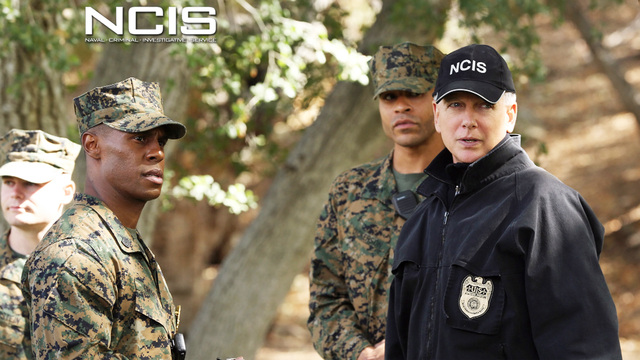
A jury in Marshall, Texas, found the infamous "podcasting patent" was infringed by CBS's website today and said that the TV network should pay $1.3 million to patent holder Personal Audio LLC.
The verdict form shows the jury found all four claims of the patent infringed, rejecting CBS' defense that the patent was invalid. The document was submitted today at 1:45pm Central Time.
That's substantially less than Personal Audio was asking for, which was reportedly $7.8 million. That figure was given to Ars by a source that observed the relevant parts of the court proceedings.High-stakes patent cases can cost up to $4 million to litigate through trial. Even though the expense can be lighter for plaintiffs, it's unlikely that $1.3 million would be enough to cover the patent-holding company's expenses.
Lawyers for both sides didn't immediately respond to request for comment on the verdict or to confirm the Personal Audio damages demand.
In a motion filed yesterday in the case, CBS makes an argument attacking Personal Audio's damage claim as unjustified, but the document refers to the number only as the "requested damages figure." The motion does reveal that Personal Audio was asking for 3.5 percent of the ad revenue for the allegedly infringing sites. The accused sites included a wide variety of CBS' most popular programs, from NCIS to 60 Minutes.
When Personal Audio went to trial against Apple in 2011 over a patent it claims covered playlists, it also got a greatly reduced damage figure—an $8 million verdict after a reported $84 million damage demand.
The much lower damage demand against CBS probably reflects the fact that online streaming is still a small, albeit growing part of the corporation's revenue stream.
From podcasting to 'episodic content'
Personal Audio is a holding company, cobbled together from the patents that were left after a failed startup that Jim Logan founded in 1996. The company became one of the poster children for problematic patents when it claimed that its patent number 8,112,504 was infringed by podcasters, including comedian Adam Carolla. Instead of settling quickly, though, Carolla fought back hard before settling last month.
Then Personal Audio said that podcasters were actually too poor to bother suing, so it kept up its case against three big TV networks: CBS, NBC, and Fox. The company made the argument that the "podcasting" patent actually covered "episodic content" transmitted over the Internet, including video content. The patent refers to a "compilation file," which Personal Audio lawyers say correlates to the HTML webpage that CBS hosts its content at.
Critics of Personal Audio, such as the Electronic Frontier Foundation's Daniel Nazer, say that's nothing more than an electronic table of contents. The argument goes that the concept was old hat by the time Logan filed for a patent in 1996, and in any case it's such a basic idea it shouldn't be patented.
Now that its patent has been validated against CBS, Personal Audio will be allowed to move forward with trials against NBC and Fox. However, it's still facing a crowd-funded challenge at the patent office brought by EFF, and that effort is scheduled to be heard later this year. In a short blog post about today's verdict, EFF's Nazer vowed the patent office challenge will continue despite today's "disappointing" verdict.
reader comments
90